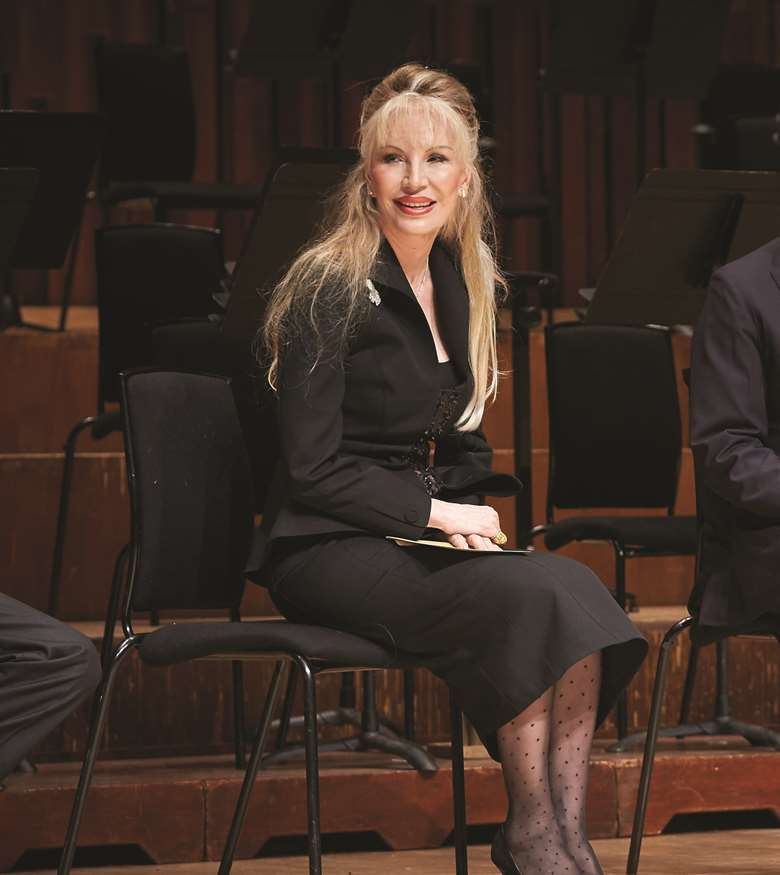Donatella Flick talks about her conducting competition
Gramophone
Monday, November 19, 2018
With the finals taking place on Thursday at London's Barbican Centre and streamed live in Medici, we focus on this major competition for conductors and talk to its founder, Donatella Flick

Register now to continue reading
Thanks for exploring the Gramophone website. Sign up for a free account today to enjoy the following benefits:
- Free access to 3 subscriber-only articles per month
- Unlimited access to our news, podcasts and awards pages
- Free weekly email newsletter







